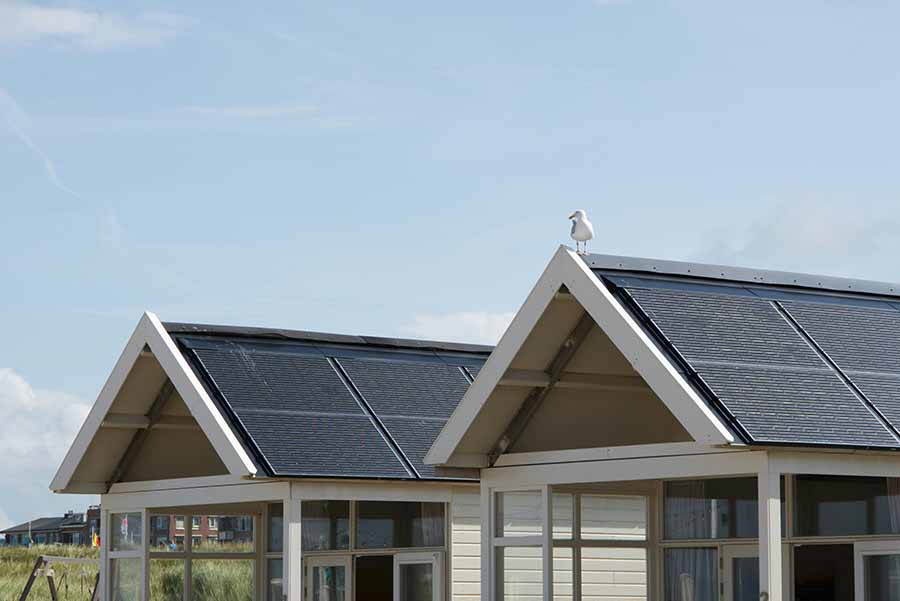Now that you already have made a decision to install a solar-energy system at your home, the next question is whether to decide on off-grid, grid-tied or hybrid solar system. Although one setting or the other may appear like an ideal situation in theory, the question as to whether what type of solar system is practical for a particular property because it could be a lot more complex than it appears to be in paper.
Among the main advantages of utilizing solar technology is the chance for homeowners to help the environment by utilizing a clean power source. In addition, homeowners who decide on to buy solar panels generally boost the worth of their homes.

Though solar is a great choice for rural homes spending higher energy costs, it may not always be the least-expensive option for properties situated close to hydro dams and enormous coal operations. Furthermore, installing solar panels will most likely raise your homeowner’s insurance premium by a number of dollars each month.
Grid-tied Solar Systems
The grid-tied solar system is attached to the electrical grid and calls for the grid in order to be operating for the solar system to generate energy.
Pros of a Grid-Tied Solar System:
- Grid-tied systems are generally the more affordable choice, because of not requiring batteries as well as other equipment
- This kind of system is ideal for those who don’t have enough room or funding to install a solar system large enough to pay for the 100% of their energy consumption. You could continue to get electricity coming from the grid if necessary
- Net Metering enables the electricity produced by the solar system to counterbalance the electricity utilized from the grid during the night time or gloomy days
- The grid will become the cost-effective, reliable storage option
Cons of a Grid-Tied Solar System:
- In case the grid falls off, your system will turn off, causing you to be without power. That is needed to avoid energy from back feeding to the grid to help keep utility personnel safe. The grid-tied system will immediately turn off whenever the grid falls off, and it’ll instantly turn back on the moment the power is restored
- You’re not totally independent on the grid
Off-Grid Solar System
A lot of people like the thought of installing the off-grid solar system due to the independence as well as the stability the solar system will give to their day-to-day lives. Having said that, that is just attainable having the right equipment and batteries.
Pros of a Off-Grid Solar System:
- Totally independent in the grid
- A excellent option for remote areas and not developed communities
Cons of a Off-Grid Solar System:
- They’re more expensive
- Batteries are needed to supply electricity constantly all through the day and night
- Excess energy generation can go to waste
- Can’t depend on the grid during the night or in gloomy days
- Batteries need maintenance, have a fairly short lifetime, and break down quickly
Hybrid System
The hybrid solar system is grid-tied having battery storage. They are available having a special ‘smart’ inverter which could transmit direct current (DC) power back and forth from your batteries, and direct alternating current (AC) power in between the grid as well as your home when needed.
Hybrid systems include complete control over your power, and keep you connected to the grid in the event of an emergency.
Pros of Hybrid Solar Systems
- It can help in storing of extra solar energy.
- During night time this stored solar energy can be utilized. This particular process is called self-use or load shifting.
- Hybrid inverters include power backup system.
- Decrease in demand of the conventional supply of energy.
- Peak shaving solution is likewise available.
Cons of Hybrid Solar Systems
- High-cost of battery usually results to a problem.
- Payback time is quite long in years
- Installation expenses is large
- A lot more space needed to install whole system